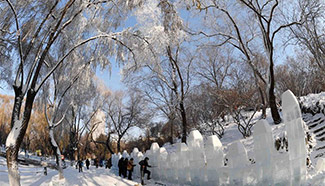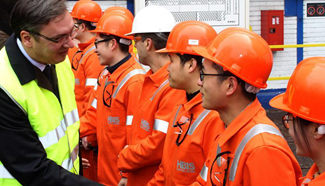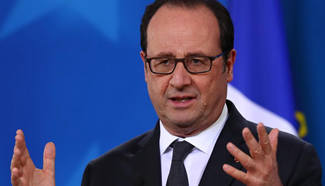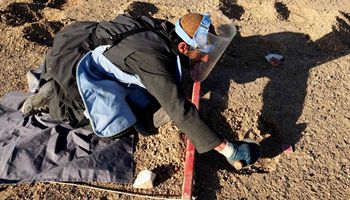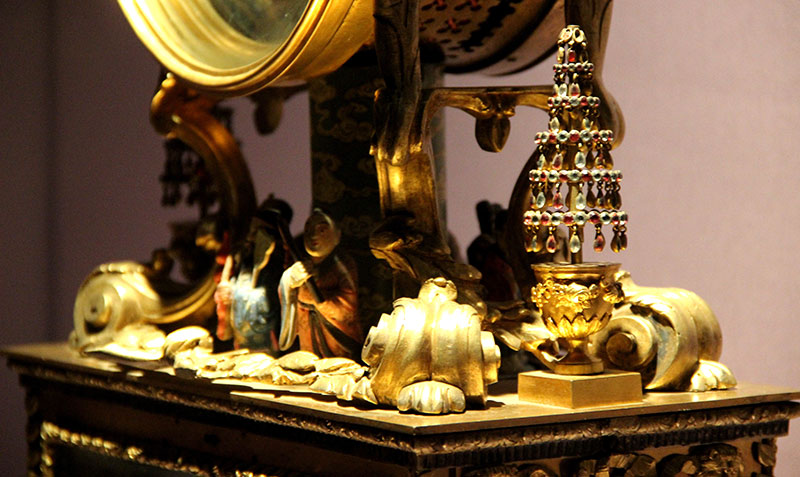
Photo taken by the author shows the base part of a timepiece displayed at the Palace Museum. (Photo provided by the author)
BEIJING, Dec. 13 (Xinhuanet) -- More and more Chinese have begun to value the superb craftsmanship of historical relics restorers in the Palace Museum, the former imperial court, in Beijing.
This happened especially after Chinese Director Xiao Han's three-episode TV series was released in January.
From this Friday, his documentary film "Masters in Forbidden City" is set to hit the big screen.
Similar to the TV series, this film also tells the stories of the restorers in the Palace Museum, but with fresh scenes of their daily work and daily life in meticulous details.
When first screened, the TV series went viral, given a 9.4 rating of 10 by users of douban.com, the Chinese film and music website.
It vividly demonstrated the excellent restoration and moreover how the neat skills and deft craftsmanship are passed down from generation to generation. Of all, the restoration art requires extremely huge patience and smarts, said Wang Jin, a timepiece restorer, who is now widely recognized on and off lines.
Telling little about the former owners, the emperors and empresses, the new film more exclusively focuses on the restorers of the very old, delicate, valuable articles, calling them “surgeons for cultural relics”.
Four years ago, the documentary series "A Bite of China," produced by China Central Television (CCTV), stirred the country's hearts and sensationalized people's taste bud with foods from across China.
Indeed, cultural relics, especially a lot of those in the Palace Museum, are in dire need of restoration.
But what is more urgent and fundamental is their excelling restoration as well as the ever lasting heritage of the craftsmanship.
As is said in the TV series, cultural relics are things of the "past tense, " while restoring them is a thing of the "present tense."
It is these restorers who are doing the work linking both.





